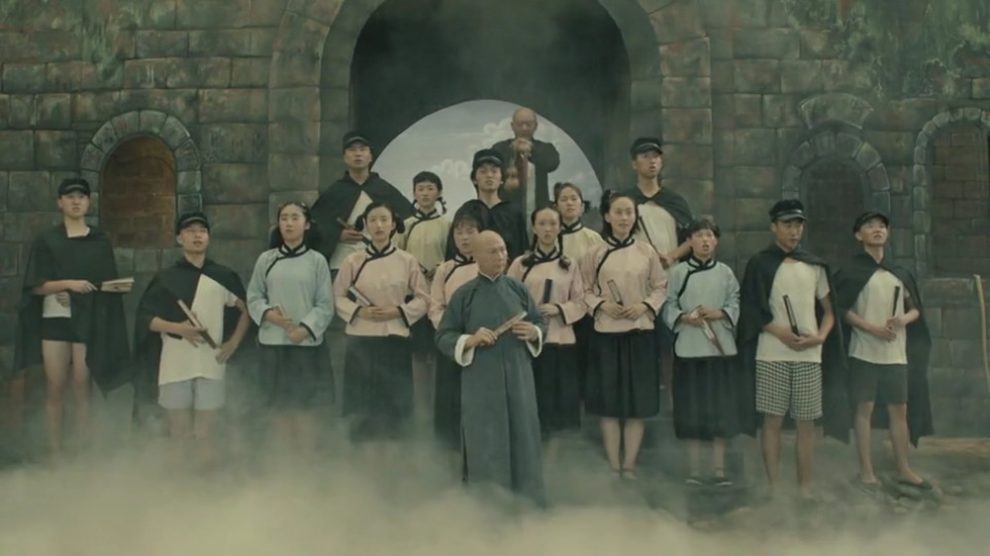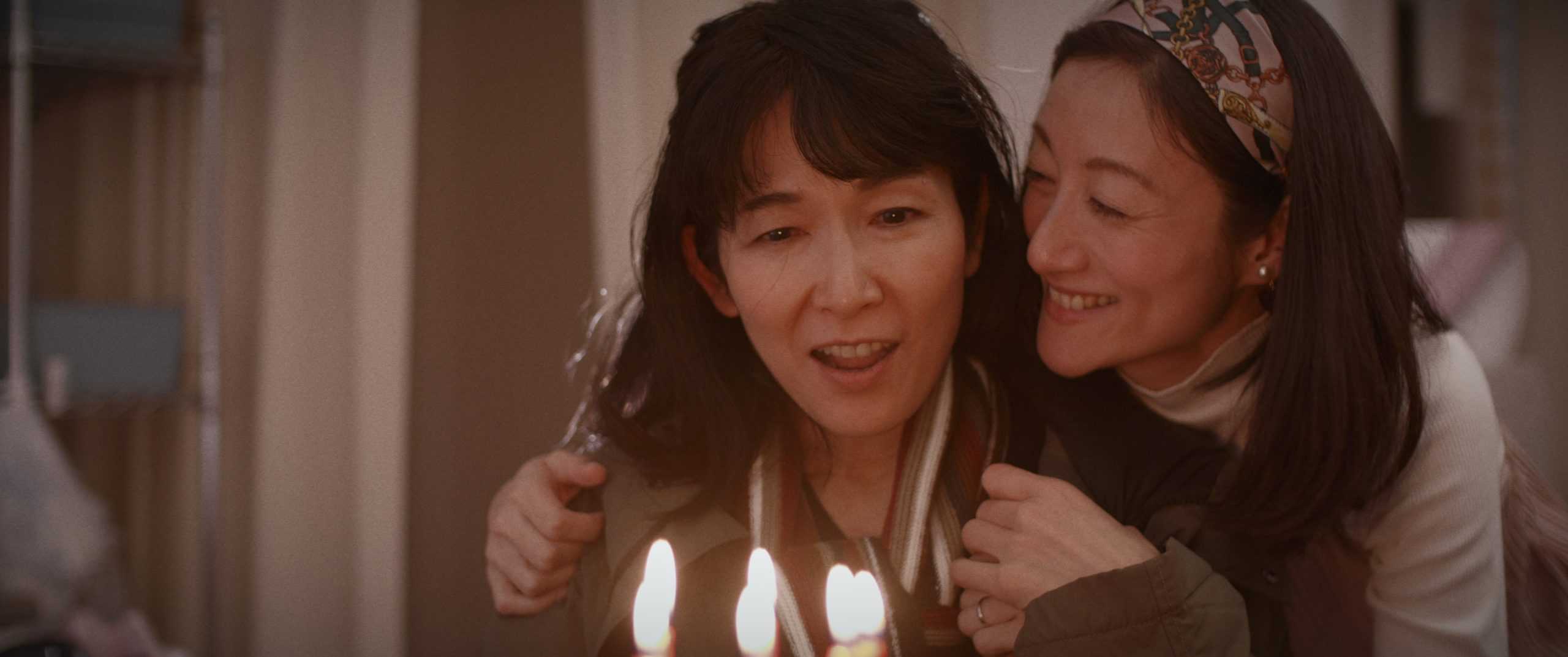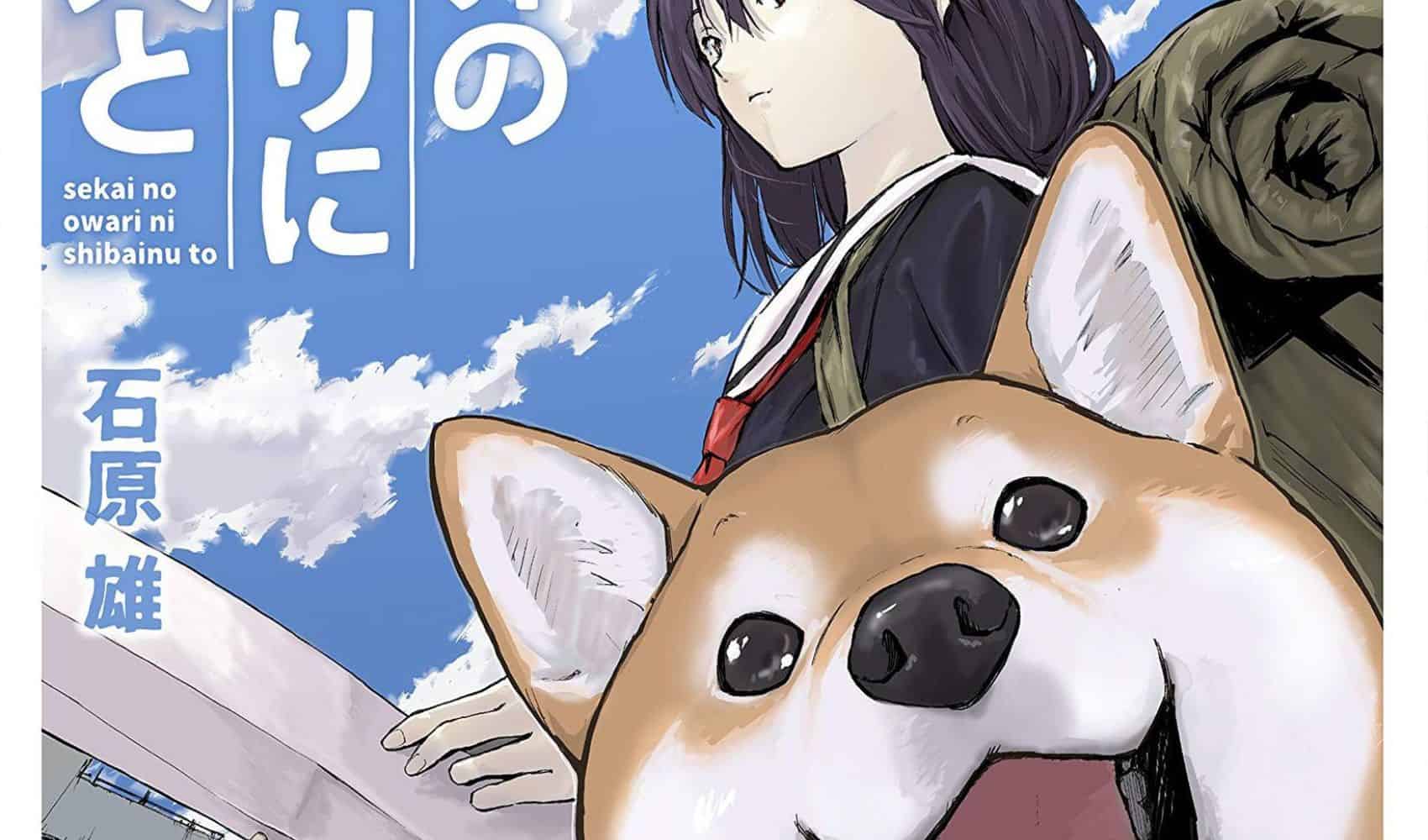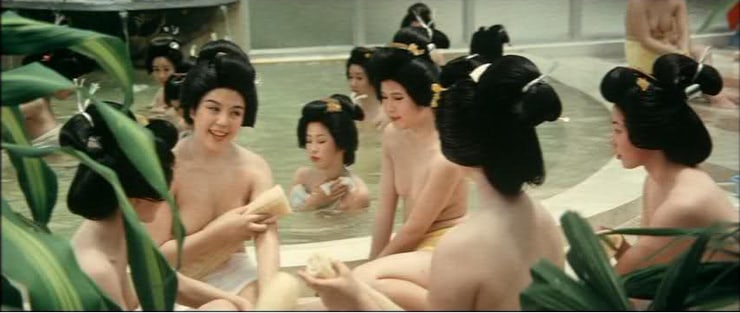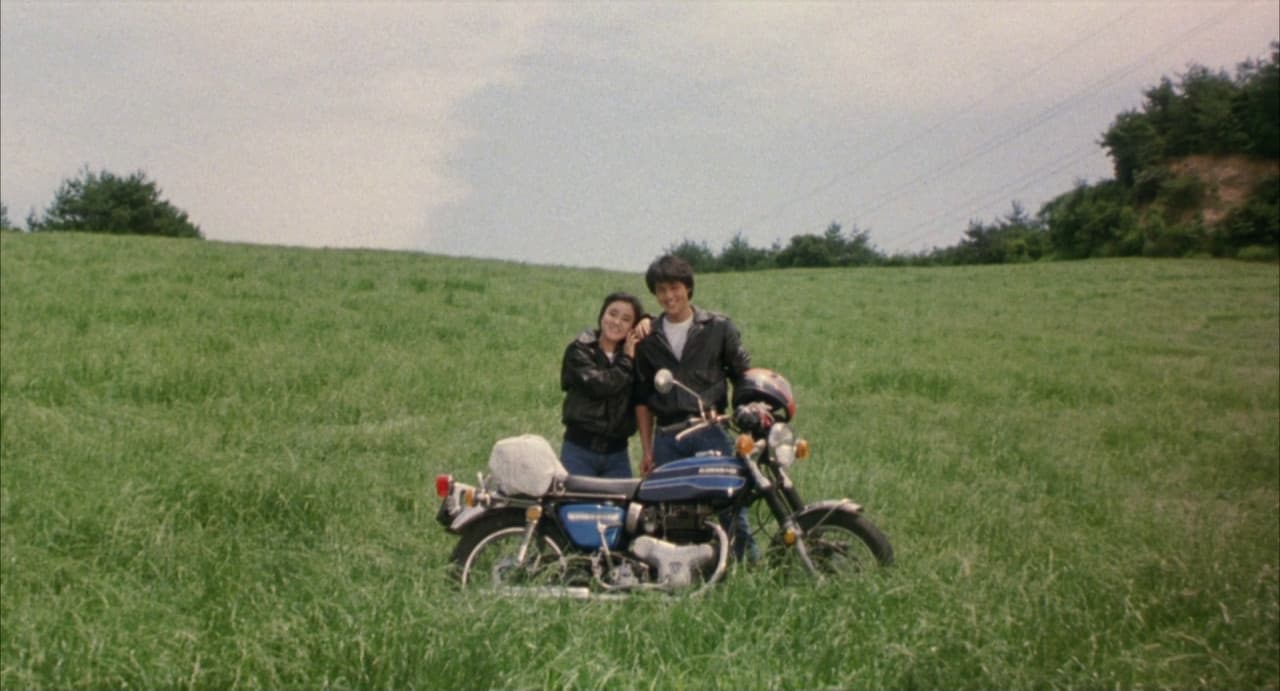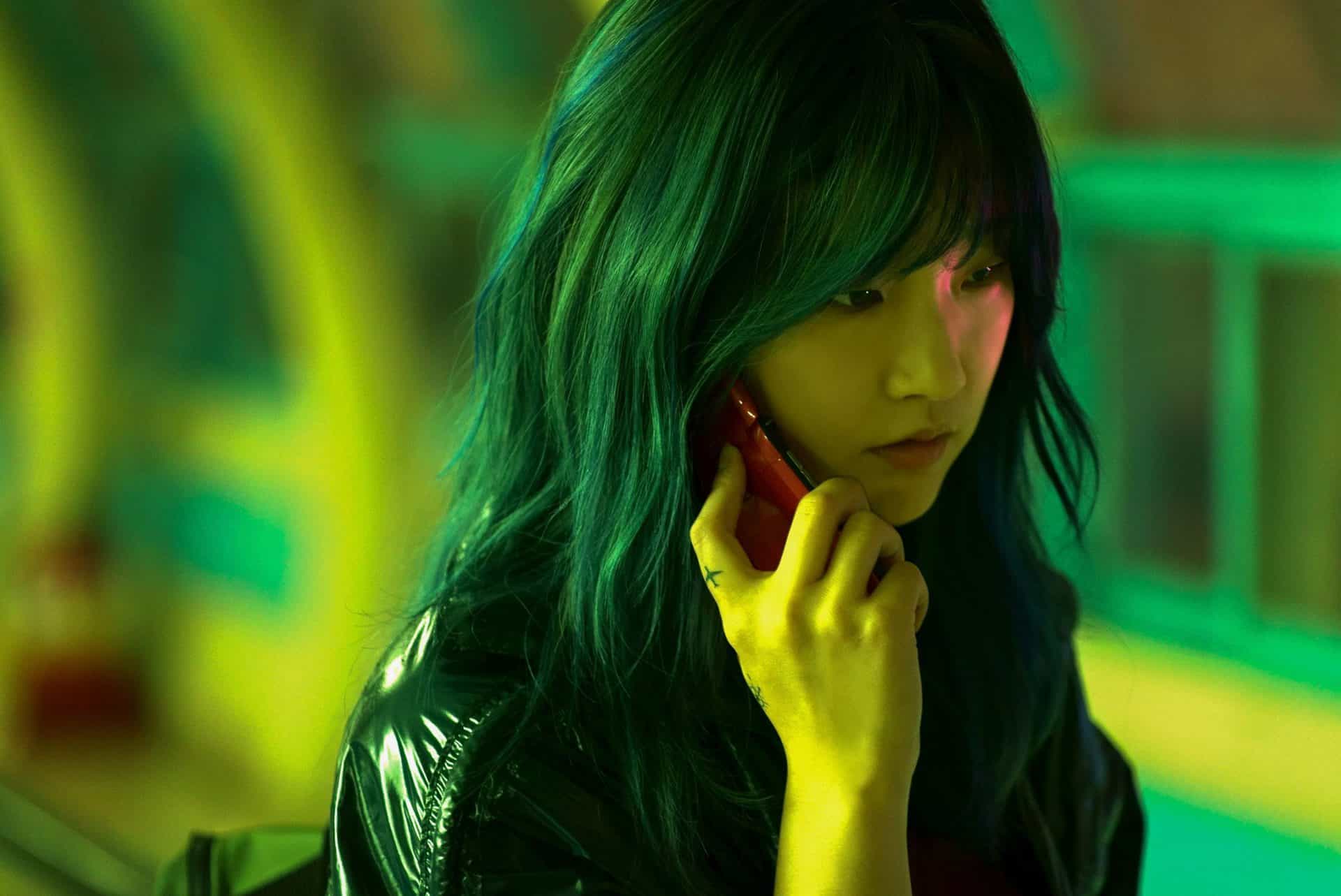“A New Old Play” is the feature-length debut of Chinese highly-acclaimed artist Qiu Jiongjiong. The movie was inspired by the director's theater family and more precisely, the life of his grandfather. “The New Old Play” was awarded Special Jury Prize at the 74th Locarno Film Festival.
A New Old Play is Screening at the Museum of the Moving Image
After passing away, a famous theater clown Qiu Fu (Yi Sicheng) is brought to the underworld by Ox-head (Liu Boyu) and Horse-face (Huang Lingchao), the two guardians of the underworld. There, the actor contemplates his life as part of a Sichuan theater troupe that has experienced the most important moments of contemporary Chinese history, and meets old acquaintances such as the theater servant Crooky (the spectacular Gu Tao) before he eats the “Crossing the Bridge Noodles” which will make him forget the past.
From its first seconds, Qiu Jiongjiong's movie grabs our attention with its intricate and stylized theater-like sets. The camera is oftentimes places squarely in front of the actors, who play the actors they portray in a somewhat exaggerated, theater-like, but incredibly masterful, fashion. The backgrounds behind them are painted on the wall behind them, while many things in the mise-en-scene, such as cars or gun ammunition (of which there are many) are stylized and often made of cardboard. This all could have looked bad if it was made by a lesser filmmaker and artist, but in the hand of a master like Qiu it is nothing less than spectacular. Yes, it is a bit too much at times, with many a frame chockfull of action and information, but the overwhelming feeling of it all gives the movie a unique atmosphere and aesthetic.
Everything we see onscreen happens on a stage and we are fully aware of that. Scratch that, we are constantly reminded of it, second after second told by the director that what we see is actors playing on a stage. And that is not a bad thing, quite the opposite, it works in the movie's benefit. After all, we are watching a biography of sorts of a theater troupe and what better place there is for that than a theater set.
The stunning theater sets and theatrical performances of the actors serve another function. They point out to the performativity of the everyday and the common people. The same people who are nationalists during the Republic become the communists and communist leaders after Mao and his people take over the country. They don't believe in any of the ideologies, only one thing – survival. The people, just like the actors in the troupe, are ready to perform whatever role is asked of them only to gain the liking of the current regime in power.
Based on genuine belief in the constantly changing ideologies or simply performances, they have real consequences for the entire nation, including the troupe whose eyes we experience China's modern history through. And these consequences are equally ridiculous and deeply disturbing. This is most apparent during the second part of “A New Old Play” which deals with the Great Leap Forward and the Cultural Revolution. Though named People's Artist and supposedly given more food than the normal population (in the form of sugar of all things), Qiu Fu and his family don't have enough to survive and are forced to hunt for worms in the feces they've scooped from the open toilets nearby. They are caught, however, by nosy neighbors and criticized for stealing national manure and, by extension, stimulating the famine. The great actor has to get away from the situation by playing a part of play he is famous for. Under Communism, art is as much valuable as feces, the director seems to say. Later on, Qui Fu is denounced as anti-communist by his own son and forced to do heavy manual labor for unknown reasons. Not that the particulars of why he is condemned matter, just the mere fact that he and the other members of his group are.
The same logic applies to the theaterset-like world the people inhabit. It looks the way it does, skewed, crumbling, constantly changing, because it follows the whims of those in power and the needs for survival of the common people. Take for example Sichuan theater which is the home base of our troupe. Though the building stays pretty much unchanged for the majority of the the movie's mammoth runtime, it changes names at least three times, as much as it changes its audience. With the changing name, there are also slight changes to the decor. The photographs or statues that are nominally worshipped, and other superficial things, but in the core of it, the actors, never are. The previous generations, part of which is Qiu Fu, teach the younger ones, passing their, supposedly, reactionary worldviews to them. It's all pro forma.
Qiu Jiongjiong's “A New Old Play” is an oftentimes difficult to endure physically and emotionally epic, no doubt about it. And precisely because of that it is an essential view for everyone interested in Chinese history and cinema, and a movie we will write about for years to come.


